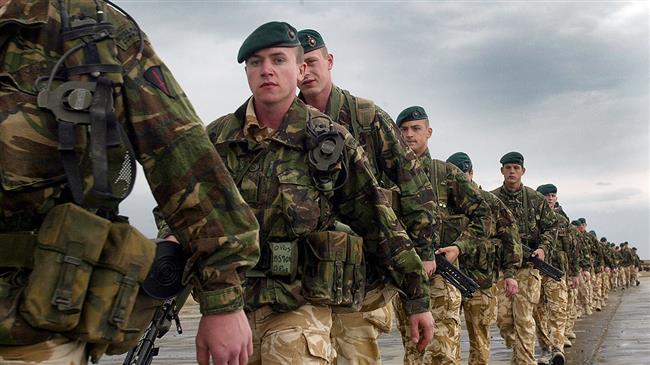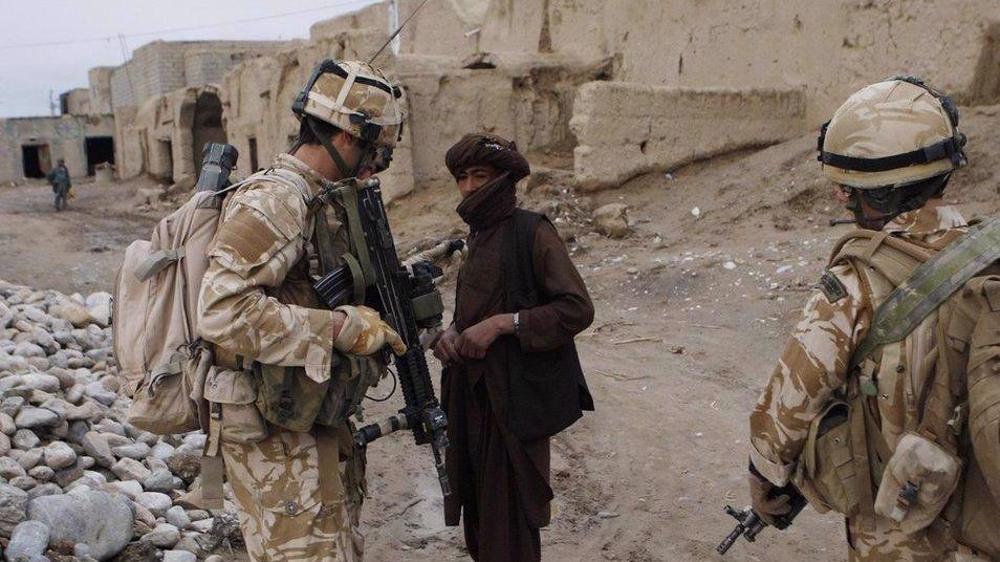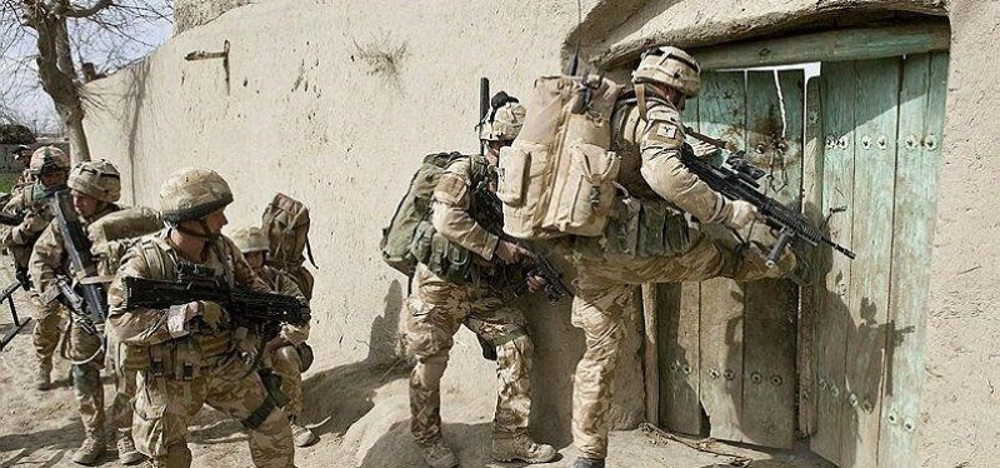UK military needs more money to work with US, NATO: MPs
British lawmakers have warned the Prime Minister Theresa May the country’s armed forces need more money to maintain “interoperability” with the US and other members of the NATO military alliance.
The House of Commons defense committee repeated its calls to raise military spending from the minimum NATO requirement of two percent to at least three percent of the GDP - around £60bn a year.
“Diminished capacity reduces the UK’s usefulness to the US and our influence within NATO. The government must not allow this to happen,” said the committee.
The MPs then referred to recent remarks by the US defense secretary James Mattis that the UK raked in £3 billion a year from its military ties with Washington and said London needed to spend more in order to save this profitable relationship.
That would be possible “only while the UK military retains both the capacity and capability to maintain interoperability with the US military and to relieve US burdens. For this to be the case the UK armed forces must be funded appropriately,” they noted.
The warning comes ahead of next month's NATO summit in Brussels where Trump is expected to put extra pressure on European allies to take spend more on their defenses.
This means May needs to save around £20 billion ($26.5bn) a year in other sectors and increase military investment to levels that have only been seen immediately after the end of Cold War.
This is the second time over the past few days that the committee is calling for a significant increase to Britian’s military budget, except that they had previously said it was necessary to confront Russia.
The panel said in a report that failure to finance the military at higher levels was going to make it “very difficult” to maintain the UK’s long-term strategy to counter threats posed by Russia.
The committee warned that a lack of vehicle-mounted anti-tank weapons and "serious deficiencies in the quantities of armor, armored vehicles and artillery" were some of the key areas that the British was trailing behind Russia, the report added.
The UK also needed to expand its anti-submarine warfare capacity and develop a Royal Navy carrier group that was capable of protecting the new Queen Elizabeth-class aircraft carriers independent of other countries.
1,000 strategic drones officially join combat units of Iranian Army
VIDEO | Germany, not just merely an economic recession
Discover Iran: Hormozgan, home to the last lenj boatbuilders of Persian Gulf
VIDEO | Condition of Gaza hospitals at the beginning of phase two recovery
VIDEO | Tehran metro station vandalized in attack by foreign-backed terrorists
VIDEO | Angry Iraqis set fire to Trump image, US flag
'It's simple — Trump's failing': Netizens rip into US warmongering against Iran
ICE shooting of protester in Minnesota











 This makes it easy to access the Press TV website
This makes it easy to access the Press TV website